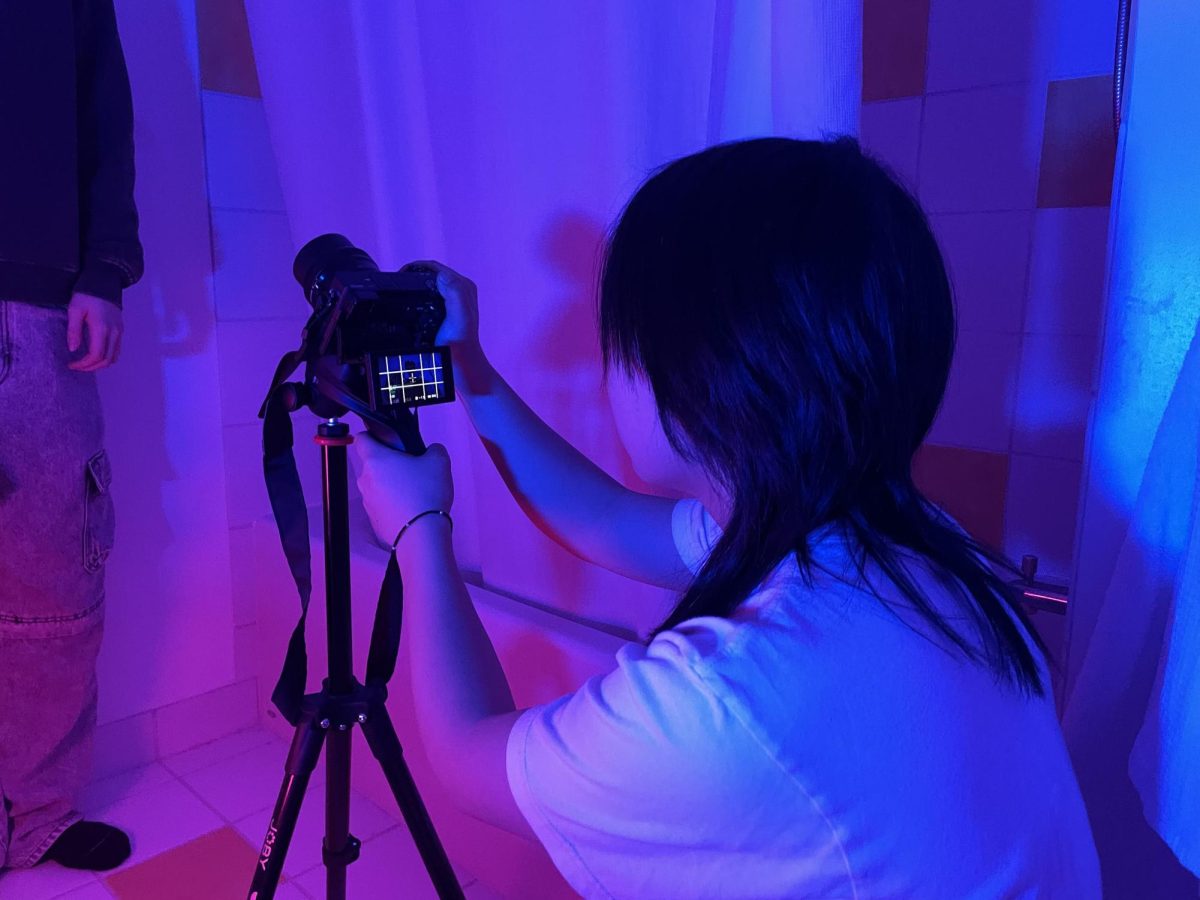
In front of them lies three hours of homework. About two of those hours were spent scrolling on TikTok. Their eyes feel heavy and the thought of finishing the assignments feels impossible. As they reopen their phone, they promise themself they’ll finish tomorrow.
The average high school student spends at least four and a half hours on their phone each day, according to Gallup News.
Families have different approaches, rules or restrictions for their kids in order to limit the amount of time they spend on their phones. Some students choose to set limits on themselves.
“I put my own time restriction on Snapchat and stuff but I always click ignore for today,” sophomore Molly Hart said. “I’m kind of bad about it.”
Students might experience screen time limits, app restrictions or other rules placed on their electronics by their guardians.
“I’m also not allowed to have my phone in my room at night,” Hart said.
Depending on what classes people are taking, students at WJ can have up to four hours of homework every day.
“I have about three hours of homework but it depends on the day,” junior Zoe Kaminski said.
However, phones are proven to promote procrastination, causing the amount of time a student spends on their homework to significantly increase. Although phones can be used as a positive tool, they can also be very addictive and distracting.
“If you’re by yourself doing work all the time, you can’t concentrate and you just wanna text people to see what they’re doing,” junior Travis Schultz said. “You just need that type of stimulation that boring long work just doesn’t give you.”
Students have found that having their phone in the room with them while they’re working causes them to procrastinate and be less productive. This can result in taking more time to finish assignments.
“A memory I have of procrastinating was studying for a test, but I wasn’t getting anything done,” freshman Courtney Booth said. “I kept checking my phone every two minutes.”
Social media provides teenagers with a distraction. This escape from reality allows them to forget about how much work they have to get done, the test they have the next day or even the amount of time they have already spent online. However, students recall not feeling satisfied after spending time scrolling.
“I take breaks and I start to scroll,” sophomore Hanna Vernenkar said. “I’ll set timers for myself, but then, because I’m just scrolling, I’ll add more and more to the timer and I just keep on scrolling.”
Students have found strategies to be productive that include leaving their phone outside their room, setting screen time limits on themselves, setting timers during breaks and even making a time-lapse video of themselves working in order to not pick up their phones.
“Phones also help you connect with people,” Schultz said. “For that aspect, I think phones can be a good thing too. I feel like if you’re by yourself doing work all the time, you can’t concentrate and you just wanna, like, I don’t know, text people see what they’re doing.”













